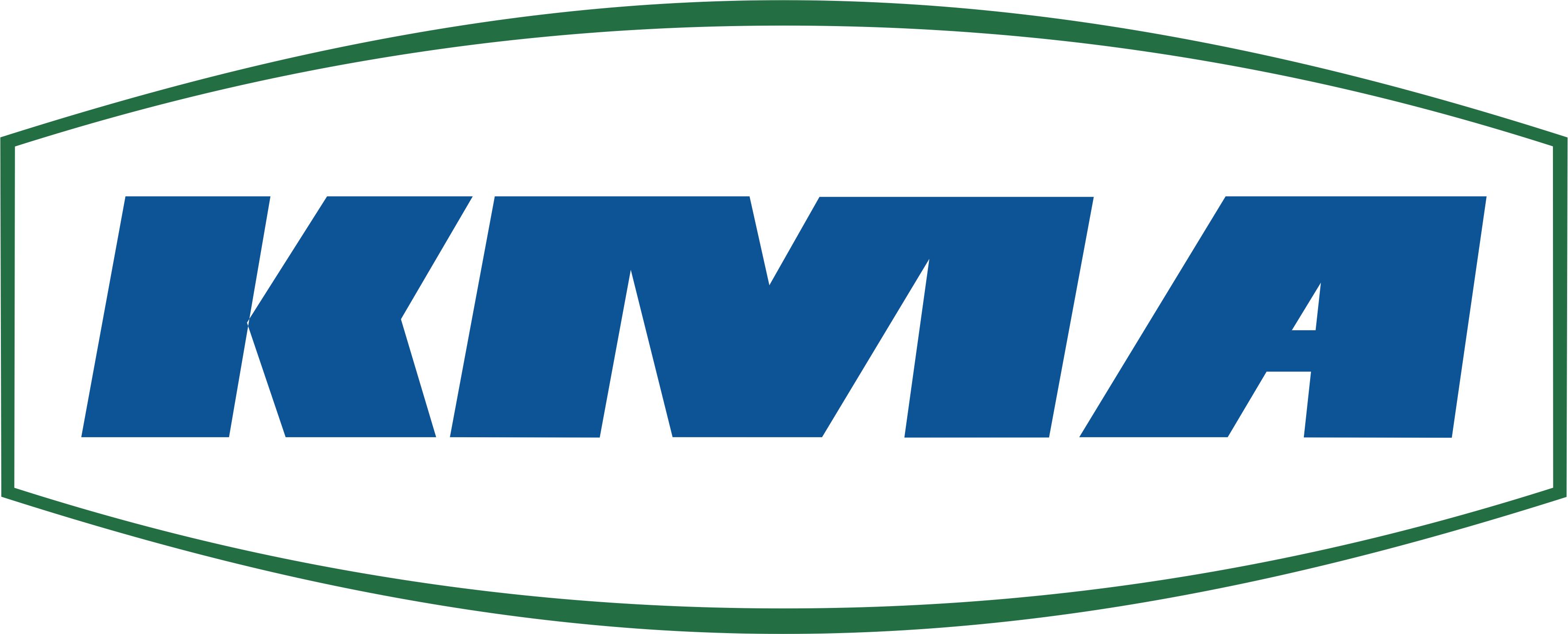Pure air quality
Pure air quality
The term pure air quality, also known as air quality, refers to the quality of air in relation to the pollutants and impurities it contains. Here, air quality also describes the ratio of immissions to emissions, i.e. the input and output of air. Depending on the application, the legislator sets specific limits and measured values for pure air quality in order to protect the environment. For industrial and commercial production plants, these values and further requirements for air pollution control are laid down in specific legal regulations.
TA Luft is an administrative regulation attached to the Federal Immission Control Act (BImSchG), which includes exact upper values for various degrees of pollution as well as requirements for plant design and construction. In order to meet these requirements, companies from all industries rely on the highly efficient exhaust air purification systems by KMA Umwelttechnik. KMA exhaust air purification systems reduce the degree of pollution of the production exhaust air, while helping to recover valuable production resources, such as waste heat and product residues, from the exhaust air. The modular design of KMA exhaust air filtration systems allows a customized integration into existing filtration systems and production lines. KMA exhaust air filtration systems achieve a separation efficiency of more than 90%. Reducing industrial exhaust emissions and ensuring a high separation of pollutants, impurities and odour-bearing aerosols is particularly important if the production plant is located near cities or residential areas.
Related posts







